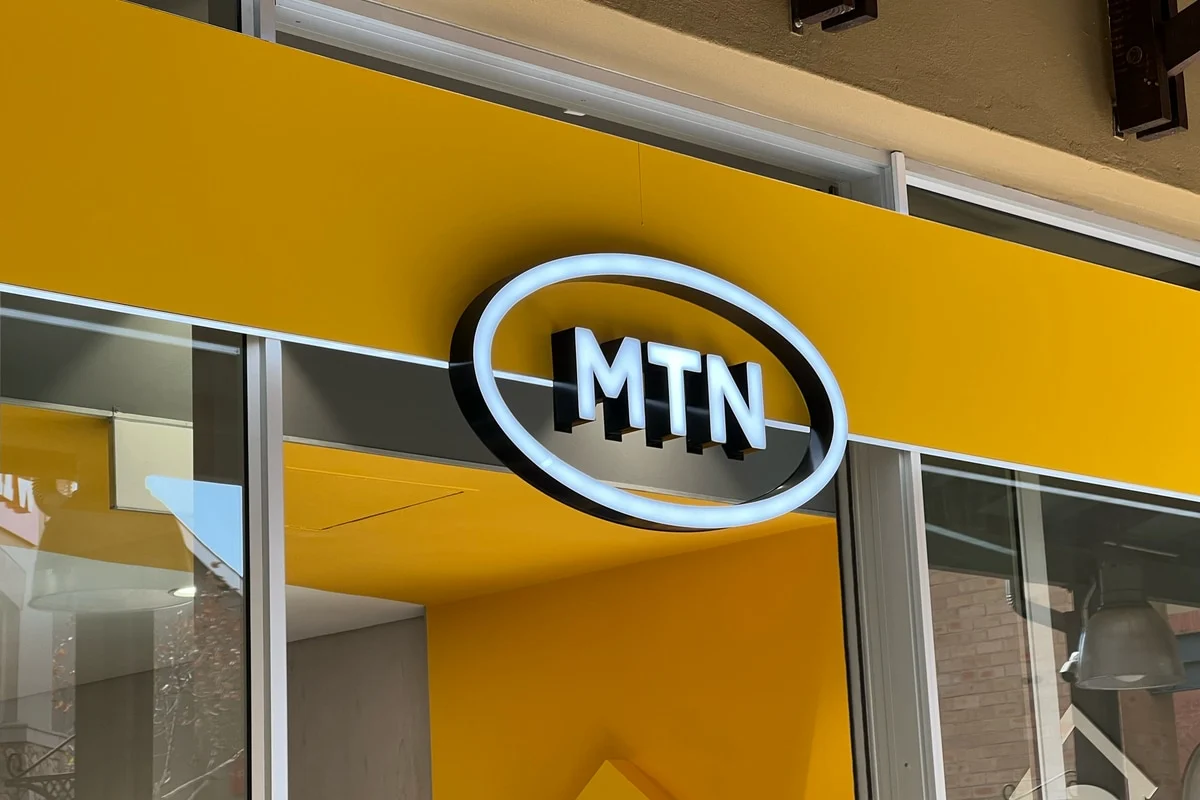Noel K. Tshiani is the founder of Congo Business Network, which has worked with Congolese entrepreneurs since 2018 to help them develop branding, marketing, and networking skills needed to find investors, business partners, and clients in Africa and abroad.
Africa’s startup ecosystem is experiencing rapid development. English-speaking countries like Nigeria, Egypt, Kenya, and South Africa have experienced impressive funding rounds in the past five years. Despite the progress made by several African startups, entrepreneurship in francophone Africa remains a subsistence activity, instead of work that adds value and provides solutions for consumers in the marketplace.
In French-speaking countries, the top 5 skills needed by entrepreneurs to go from subsistence living to value creation include:
- Branding and marketing
- Networking
- Lobbying
- Mastering LinkedIn
- English proficiency
Branding
Having worked with startups over the past 4 years, I have observed that individuals who are embarking on entrepreneurship need to develop a company brand that is distinct from a personal brand.
The subject of branding is more relevant today because social media platforms have proliferated over the past few years, making it a requirement for startups to develop a recognizable brand from the time they are first launched. There are some elements to consider such as the name of the company, a unique website address, a professionally-designed logo with appealing colours, social media pages, and a company e-mail address.
Marketing becomes a lot easier when an entrepreneur knows the difference between a personal brand and a company brand. Since marketing involves communication and sales, the chances of finding an investor, a business partner, or a client increases if an entrepreneur has a good grasp of branding.
Networking and Lobbying
Networking skills need branding, marketing, and communication to establish relationships with various stakeholders in the business.
In Francophone Africa, entrepreneurs tend to be transactional in the way they approach interactions in the business world. This is one of the major reasons why there are many conferences held in Africa but very few organizations through which entrepreneurs can petition the government with the goal to change or innovate a public policy.
In Africa, entrepreneurs, especially those who are in the same sector can become stronger by joining forces in a lobbying organization to influence government institutions and policies. In Francophone Africa, there is very little to non-existent public policy innovation as it is extremely rare to see entrepreneurs come together to lobby a government institution.
The situation is made worse because many government ministries or agencies that should know entrepreneurs and startups in their own environment, don’t have any interaction with one another. Public policy innovation is an ongoing process that requires entrepreneurs and government institutions to interact regularly.
Mastering LinkedIn
In addition, LinkedIn is the de facto social network for entrepreneurs who want to position themselves as market leaders at the local level and gain the visibility of their startups abroad. For entrepreneurs who live in Francophone Africa, speaking English is a must-learn skill.
English Proficiency
For entrepreneurs who are seeking to raise money from investors, being proficient in English opens doors to many opportunities to network and reach investment funds from New York to San Francisco in a way that would not be possible if the person only speaks French.
The rise of entrepreneurship in Africa is a noble phenomenon to welcome, recognize, and celebrate. However, it is prudent to regularly assess whether the startup ecosystem in Africa is developing real and valuable expertise that entrepreneurs need to excel in the market. Else, noise, hype, and subsistence activities will characterize the typical startup that will disappear after a few years from the scene due to failure to create value and deliver a sustainable solution for consumers.





















